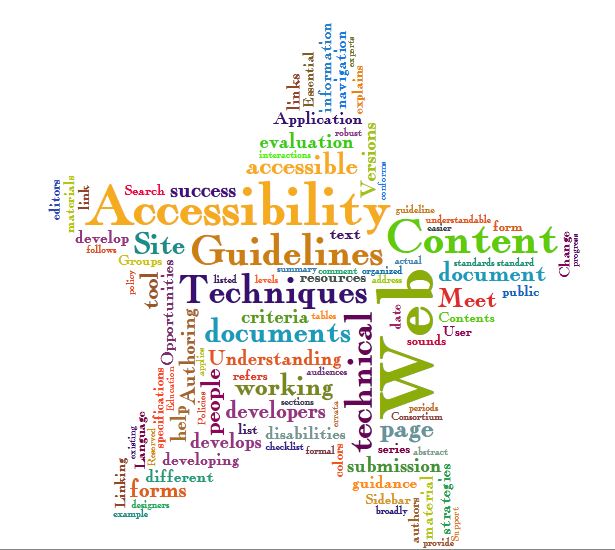Tools for Change and the Community Action Centre partner up for skill-training at St. James campus
On Thursday night, activist training group Tools for Change is bringing its brand of rebel skill-sharing to St. James campus. The Toronto-based group, partnered with the Community Action Centre (CAC), will be hosting a workshop on building accessible movements.
“An important question any grassroots organizer should be asking before starting a project or event is ‘what can I do to make this event or cause more inclusive and accessible,'” said Laura Severinac, program director for Tools for Change. “This question validates that we live in a world whose systems do not equally support everyone and rests on an assumption that there is a lot more work to be done to improve and create change in the world.”
For Michelle Pettis, the CAC’s co-ordinator, making political movements more accessible is a matter of more than providing accommodations for the needs of attendees at rallies, workshops and more.
“Building accessible movements is more than a checklist,” said Pettis. “Whose issues and whose leadership gets advanced and how? What are we putting in place so that people can confidently name their needs, their changing needs, and supports that work for them?”
Tools for Change was formed in 2010, when, according to Severniac, organizers from Greenpeace Canada, Earthroots, and the Ontario Public Interest Research Group saw need for developing practical skills among grassroots activists.
Tools for Change selects its workshop line-up in part by doing a survey which asks what skill-trainings the group should facilitate. So long as the group has the capacity to run the session, Tools for Change organizes the most requested skill-trainings.
“We believe that we are helping local grassroots movements become stronger, more effective and connected,” said Severniac.
Because Tools for Change is partnered with the CAC, George Brown students can attend the skill-training sessions for free.
“Where workshops bring different types of activists and organizers together—George Brown students’ potential for movement building and collaboration strengthens through these opportunities to learn and share across different experiences,” said Pettis.
Building Accessible Movements is facilitated by Kayla Carter, an artist and graduate student in critical disability studies at York University, and Geoff Wilson, a coordinator for Pieces to Pathways, which conducts substance-use needs assessment of LGBTQ2 folks in Toronto.
The workshop will run on Thursday, April 14 from 6 p.m. to 9 p.m. in room B155 of the George Brown College A Building at 200 King St. East.


